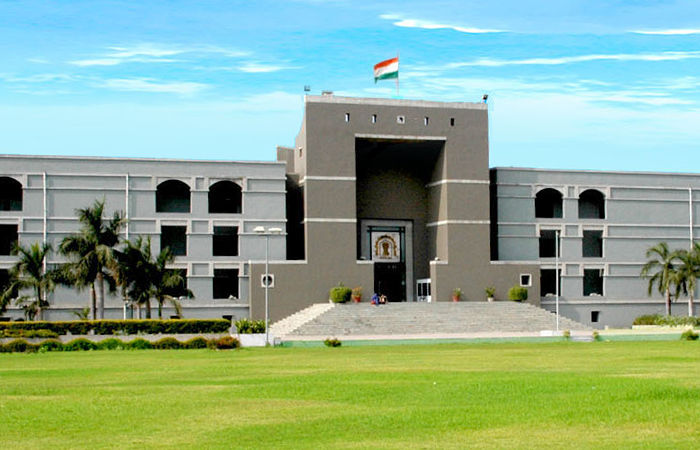The Gujarat High Court has stated that when forming its opinion regarding the termination of pregnancy, the Medical Board must also consider the physical and emotional well-being of the pregnant individual.

The Gujarat High Court has set guidelines for medical practitioners and boards regarding opinions on pregnancy termination. It has permitted a 16-year-old rape victim to end her 24-week pregnancy. The girl’s father sought the court’s approval for the procedure, arguing that continuing the pregnancy would severely harm his daughter. Justice Sanjeev J. Thaker stated that the case falls under the MTP Act, emphasizing the right to bodily integrity justifies allowing the termination.
The victim, a 16-year-old, was raped, leading to an FIR under various legal provisions. The father learned that she was nearly 22 weeks pregnant after a medical examination. He informed the court that the victim consented to the termination and was willing to proceed. The father argued that at her young age, she is not ready to take on the responsibilities of motherhood, and continuing the pregnancy could negatively impact her physical and mental well-being.
The Bench acknowledged the expert panel’s opinion that continuing the pregnancy could pose physical and psychological harm. The report indicated that, given the victim’s age, a medical termination of pregnancy could be performed with associated risks. The doctors confirmed that termination was feasible. The guidelines under the MTP Act emphasize the importance of the pregnant person’s well-being throughout the process. Additionally, the pregnant woman’s consent is paramount, and since she expressed her desire not to continue the pregnancy on November 5, 2024, the Court cannot force her to do so.
The Bench also referenced the MTP Act, which states that if a pregnancy is claimed to result from rape, the distress caused is considered a serious threat to the woman’s mental health. Consequently, the Court directed the Superintendent of GG Hospital in Jamnagar to facilitate the medical termination of the victim’s pregnancy. With the consent of both the guardian and the victim, the petition was granted, allowing the termination. The High Court cited a previous ruling where the Supreme Court permitted a minor girl to terminate her pregnancy at 29.6 weeks, providing additional guidance.
The High Court has established the following guidelines for registered medical practitioners and medical boards to adhere to when forming their opinions regarding the termination of pregnancy:
- Registered medical practitioners and medical boards are required to extend their evaluation beyond the criteria outlined in Section 3(2-b) of the MTP Act, taking into account both the physical and emotional well-being of the pregnant individual;
- In their reports, registered medical practitioners and medical boards must assess whether the continuation of the pregnancy to full term would adversely affect the physical and mental health of the individual, whether they are a victim, minor, or pregnant woman, for whom the termination is being requested;
- Additionally, registered medical practitioners and medical boards should provide their assessment on whether the termination of pregnancy can be safely performed at this stage without posing any risk to the individual seeking the procedure.
Cause Title: XYZ through her father vs State Of Gujarat [ Cause Title: R/SPECIAL CRIMINAL APPLICATION (DIRECTION) NO. 14775 of 2024]








